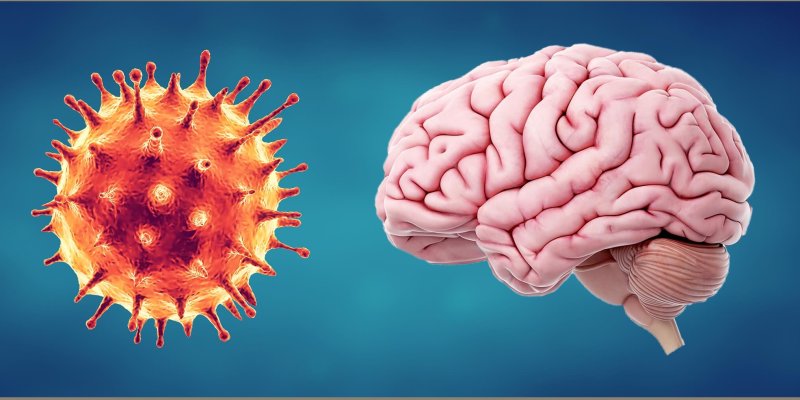People who got COVID have a higher risk of developing brain disorders such as dementia, psychosis, and brain fog two years after they were infected than people who had other respiratory illnesses, a study published in The Lancet has found.
University of Oxford researchers examined medical data on about 1.3 million people diagnosed with COVID from Jan. 20, 2020, and April 13, 2022, and compared it to data from an equal number of people who had other respiratory diseases.
Researchers said it was encouraging that the risk of anxiety and depression was “transient” for COVID patients, with the risk dropping sharply two months after infection.
By contrast, a higher risk of neurological and mental health conditions such as dementia, brain fog, and epilepsy or seizures remained at the end of the two-year study period.
“The findings shed new light on the longer-term mental and brain health consequences for people following COVID-19 infection,” Max Taquet, MD, who led the analysis, said in a University of Oxford news release.
…































